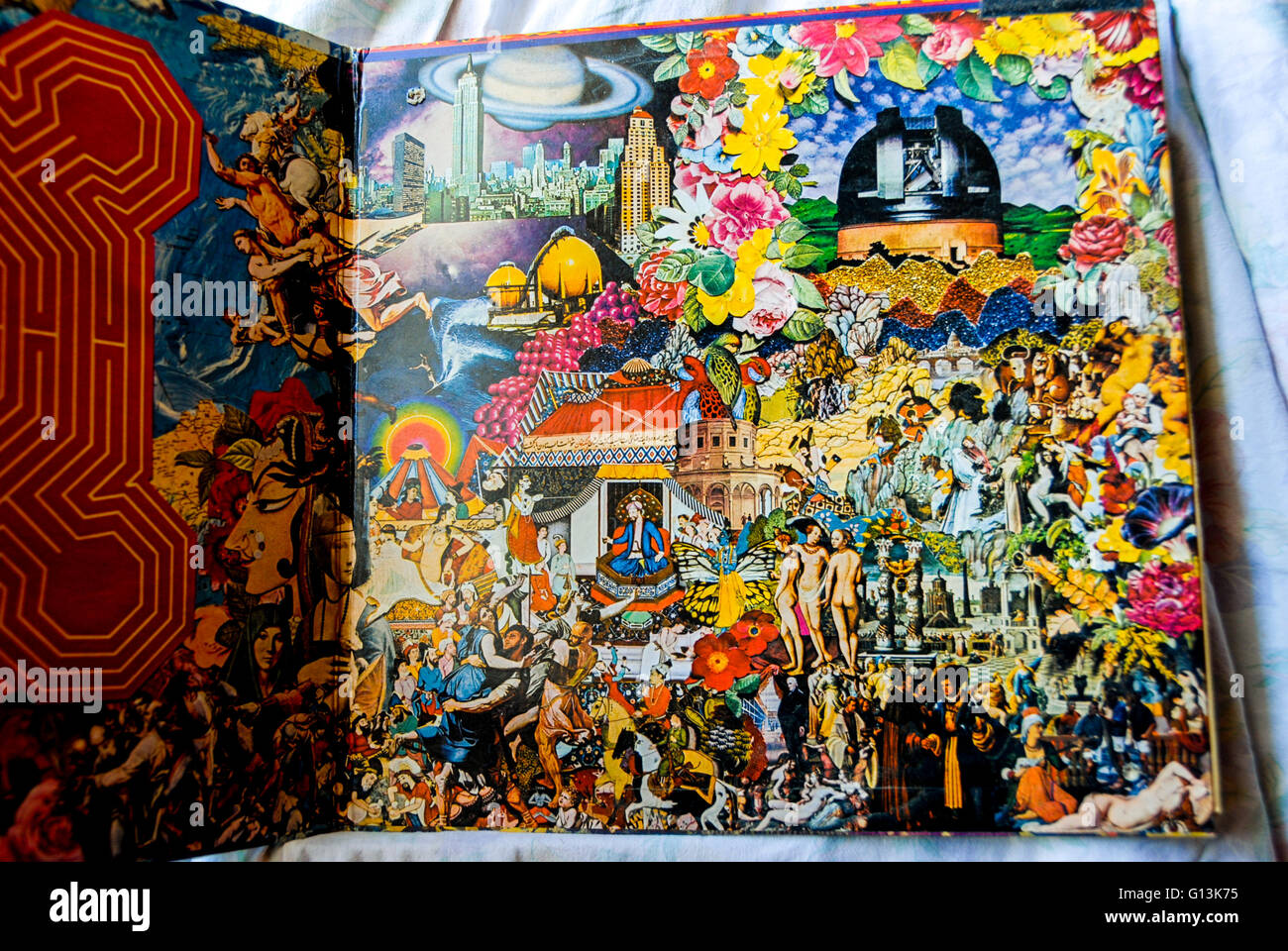

“Citadel” stung like a glitter whip, as physical as their mid-’60s singles albeit with the production baubles the moment demanded. Jagger joked that the album was made under the influence of bail.īut there was still gold in the hills. Bill Wyman later described the sessions as a lottery. After falling out with Andrew Loog Oldham, they also found themselves serving as producer, a job none of them had done or seemed to want to do. The band was rarely in the studio together at the same time, and foresight in terms of writing was limited. The album’s recording had been long and disjointed-a function, in part, of court appearances, jail time, and managerial shake-ups in the wake of a drug raid the previous February. Pepper’s-which had come out earlier that year- Satanic Majesties was bright and ostentatious, a peacock instead of a tense, circling crow. Their Satanic Majesties Request was one of the few times they responded directly to the sound of the moment-in this case, the excesses of “psychedelia.” (That term had always been a little foolish: What were “Paint It Black” and “19th Nervous Breakdown” if not three-minute explorations of the bent perceptions and spiraling anxieties of LSD?) But like The Beatles’ Sgt. Yes, you could find them in the bigger picture, but by 1967 they were good enough to exist outside it, too.

Most of the time, the band was on the leading edge-they didn’t just set trends, they transcended them. Swinging London, sexual liberation, the embrace of drugs and the desecration of a life decent young men (like them) were expected not only to work for but to embrace: It all mapped. "acoustic guitar, sitar, clavs, mellotron, tambora, echoplex-feedback-generator, electric guitar, dumbek, tablas, flute, farfisa, recorder, tape loops, drums, acoustic bass, shinni, chanter, didgeridoo, vox jaguar, French horn, viola, tuba, SMS serge, 12-string electric guitar, harmonium, tambourines, cabasa, conga, jimbe, accordion, celeste, glockenspiel, bells, fish, piano, hammond, cello, wolf horn, maracas, weird-fucking-Chinese-shit, tyco drum, vibes, woodwinds and other top secret crap.To be a Rolling Stone circa Their Satanic Majesties Request is to have stood at the convergence of cultural change in ways few can claim. The liner notes also contain a list of instruments appearing on the album: Mara Keagle – guitar, percussion, vocals ("Anemone"), backing vocals.Matt Hollywood – bass, guitar, vocals, backing vocals.Anton Newcombe – guitar, sitar, organ, vocals."Slowdown (Fuck Tomorrow)/Here It Comes" – 6:46.
#Their satanic majesties second request rar professional#
Critical reception Professional ratings Review scoresĪllMusic's Jason Ankeny wrote: "their music is too rich to be merely retro, and too knowing to be merely slavish – the Stones themselves haven't made a record this strong or entertaining in years." Track listing Īll songs on the album were written by Anton Newcombe, except for "No Come Down" and "Miss June '75", written by Matt Hollywood.

The song "Donovan Said" is itself a tribute to Donovan's "The Fat Angel", mimicking the vocal patterns of the verse at about a 3/4's of the speed. The opening track, All Around You (Intro), pays tribute to the showmanship of the Stones, calling one and all to the psychedelic trip that they are about to experience. Following in the footsteps of Keith Richards and Brian Jones, BJM capture and explore the psychedelic rock sound of the late 1960s. Their Satanic Majesties' Second Request reveals vast experimentation with Indian drones, sitars, mellotrons, farfisas, didgeridoos, tablas, congas, and glockenspiels. The album's title and music is influenced by The Rolling Stones' 1967 album Their Satanic Majesties Request. Their Satanic Majesties' Second Request was recorded in 1995 at Bloody Angle Studios.


 0 kommentar(er)
0 kommentar(er)
